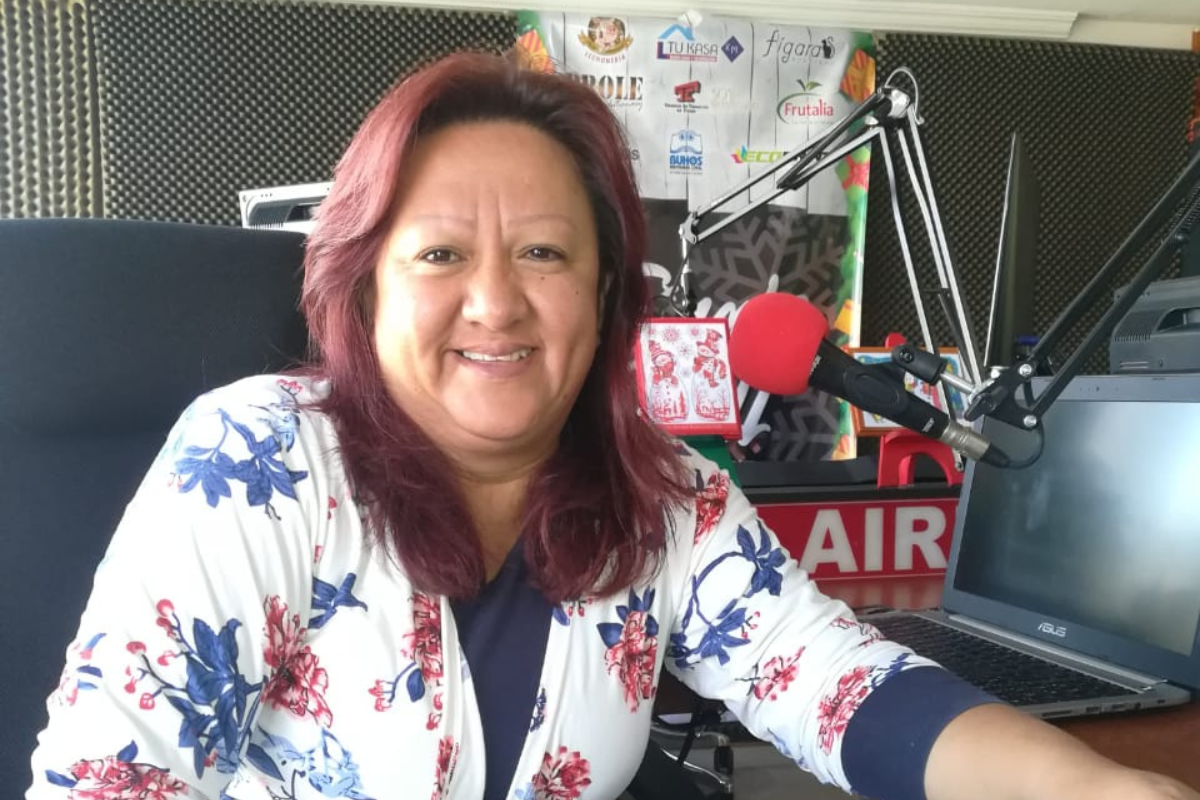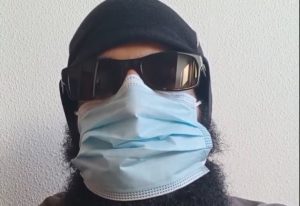On Monday, in Colombia’s northwestern Boyaca region, women’s rights activist Lilia Patricia Cardozo was attacked with acid by an unidentified person. The country’s police are currently investigating the case and are working to identify the attacker who faces femicide.
Also Read: Joe Biden trolled, called racist for ‘white boy but not stupid’ remark at Black history event
Who is Lilia Patricia Cardozo?
Lilia Patricia Cardozo is the founder of an NGO called Plataforma Feminista Boyacense (Boyacense Feminist Platform), according to a CNN report. The platform’s objective is to put a stop to domestic abuse, gender violence, and discrimination, and they work to rescue victims from the clutches of abusers.
Cardozo’s activism has often led to her being targetted by groups whom she brushed on the wrong side. She has been receiving death threats since 2022, and in September 2022 she was the country’s National Protection United approved a safety protocol to protect her.
Also Read: Who is Scott Adams? Dilbert dropped by newspapers over creator’s racist remark
According to a statement issued by the NGO on Facebook, Cardozo was attacked while she was taking a walk at a local park. The San Rafael de Tunja University Hospital, where Cardozo was treated after the attack, said that the chemical substance thrown at her affected 4% of her body, including her face and chest.
In spite of the safety protocol being activated in September last year, it was implemented only in February of 2023 due to a lack of funds, per Tunja’s Mayor Alejandro Funeme. Thus, the Boyacense Feminist Platform accused Tunja’s local authorities of activating the protocol slowly, which they say left the activist exposed.
Also Read: Who is Jake Bongiovi, Millie Bobby Brown’s fiance?
Femicide is a serious issue in Colombia. In 2022, 612 women were murdered on account of their gender in Colombia. Between 2019 and 2020 the number of femicides grew from 571 to 630. This increase of more than ten percent occurred during the social isolation measures taken after the COVID-19 outbreak.
Women and human rights defenders are particularly at risk in Colombia. Since 2016, more than 500 human rights activists have been killed in the country, making it one of the deadliest countries for human rights defenders worldwide







